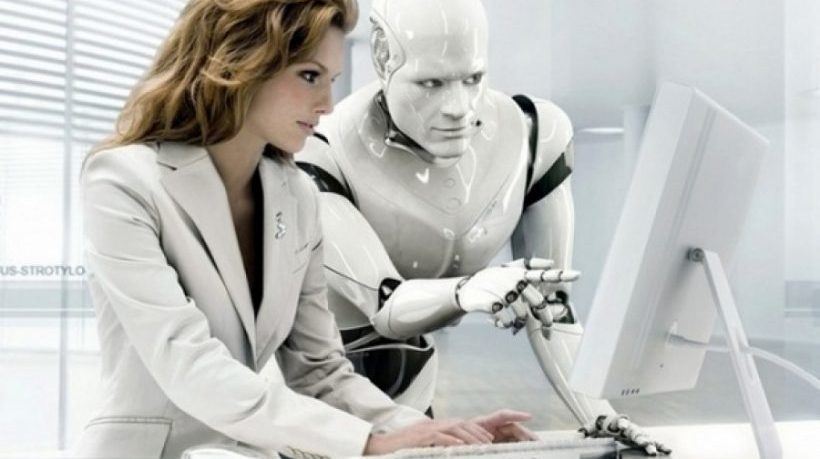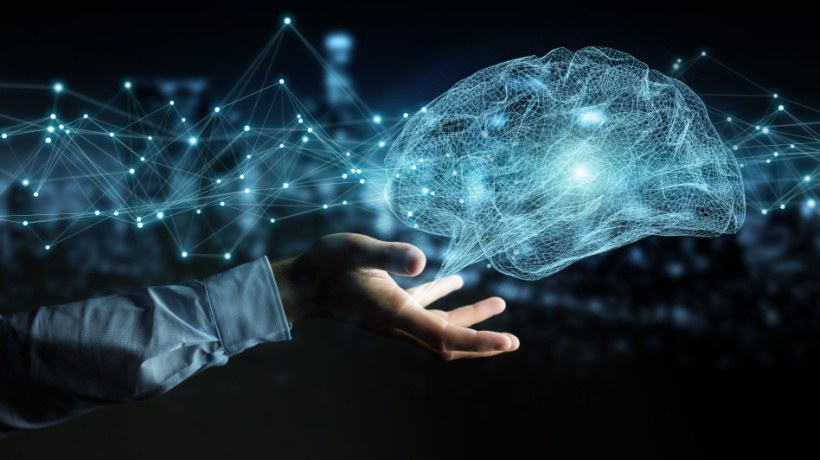What Will Lead To A Learning And Development Transformation
As a Learning and Development and workplace learning design professional, when I “futurespect” and try to imagine what my role will be like 2 or 5 years down the line, I see some dramatic changes. Learning and Development as we know it will vanish! We have entered the age of robotics and automation, Internet of Things and 3D printing, cloud computing and wearables, and it would be foolhardy to think that there will not be a Learning and Development transformation as well. Technology has brought about unprecedented changes at a pace that is challenging all notions of flexibility and adaptability. Anything and everything that impact how the future of work will get redefined are matters of concern to us.
This brings me back to the point I started my article with. How do I see workplace learning shaping up five years from now? To be very honest, I don't know. But here are 4 things I envisage will be different...
1. The Need For Creating Meticulously Designed Training Programs Will Be Gone (Some Compliance Programs May Still Be Around)
Communities of professionals collaborating and cooperating to learn together will be on the rise. They will bring their explicit and tacit knowledge to the community, and skills like Working Out Loud, ability to build Personal Learning Networks, and filter and curate relevant content will become critical. Learning and Development will be tasked with the responsibility of building these skills in the workforce to ensure a continuously learning organization.
What will emerge is a network of diverse and connected workers skilled at Personal Knowledge Management (PKM) learning together. This also means that all Learning and Development professionals must acquire and practice the skills as well. The primary shift will be from being a creator of content to being a curator and facilitator empowering the workforce to make their contribution. The outcome will be a participative ecosystem with knowledge and skills being freely shared. Utopian? Maybe. But I see this as an emerging trend.
2. Mobile And Classroom Will Coexist With Everything In Between
Learning and Development will have to become experience designers and not only course creators. Classroom training will continue to exist, but no longer as a standalone event. Anything that happens in the classroom will have “outside-the-classroom” components whether in the form of online forum discussions, alternate reality games, asynchronous learning modules, or virtual meetups.
Wearables in the classroom can render a completely different in-class experience and the traditional boundaries of a classroom may well collapse with the advent of alternate reality games. Social media and open resources like MOOCs will foster an era of self-driven learners who know what they need, where to find it, and take their pick. The learners will come with a consumer mindset; valuing what they need, and not what is thrust on them. The dividing lines will blur and Learning and Development professionals will have to take the onus of designing experiences that are seamlessly interwoven across different ecosystems and provide real-world, on the job application.
3. Nature Of Jobs Will Change
Ubiquitous connectivity, technological advancement, and economic drivers brought about off-shoring which gave way to outsourcing. Then came automation taking over simple and complicated tasks that concerned processes and routine thinking. We are now in the age of creative economy with "no location jobs" and borderless workplaces and fast entering the age of the robots. Robots as coworkers is no longer a science fiction dream! Advent of robots in the world of manufacturing is now an established fact. However, even tasks that had not appeared routine or automatable are being taken over.
In this world, Learning and Development will have a very critical responsibility of building a future-ready workforce. This means staying on top of the current trends, being able to predict which jobs will vanish, which ones will transform, and which are the new ones that will be created. And perhaps the most challenging aspect will be to prepare the workforce to be ready for those as yet non-existent jobs while still pursuing business as usual. The balancing will not be an easy one. However, if as Learning and Development professionals we fail to deliver on this, we run the risk of a rapidly irrelevant workforce and an organization that is ill-equipped to deal with the changing times.
4. Work Will Require Multiple Skills And Diverse Perspectives
Most work will pan different domains. Teams of similarly skilled individuals will not be the greatest and the best when it comes to such complex problem solving. Diverse perspectives and subject matter expertise will have to come together to solve problems in the future. Projects with specific purpose and outcome will draw individuals together. The best-fit team will work on the project, bringing to bear expertise and experiences from their different domains, and disperse once the project is complete.
This fluid and dynamic working model will be replicated in pockets across an organization. The teams may or may not be co-located, thus requiring the organization and the individuals to have technological infrastructure in place. Learning and Development will be faced with the need to support this dynamic and fluid ecosystem in different ways; designing collaboration spaces where project teams can collaborate to enabling communities of practices to evolve on the larger enterprise social networks.
Final Thoughts About The Need For Learning And Development Transformation
All of these are tectonic shifts and are already taking place. Learning and Development and HR will have to evolve to meet this shift. Learning and Development teams operating on old paradigms and processes will be ill equipped to keep pace with the change. The role of the CLO will be to drive this change now! Adaptiveness, rapid reaction times, learning agility and flexibility will become key requirements. The CLO today has to be able to scan the emerging landscape and build her/his team in a way that will enable them to meet the future. In fact, Learning and Development teams should ideally be the initiator of the change before the deluge hits the organization.
Learning and Development teams of the future will also require diverse individuals with different skills encompassing areas like strategic business thinking, analytics and cloud computing, mobile computing, community building and management, Instructional Design, content strategic and knowledge management, social and informal learning, and experience design.







